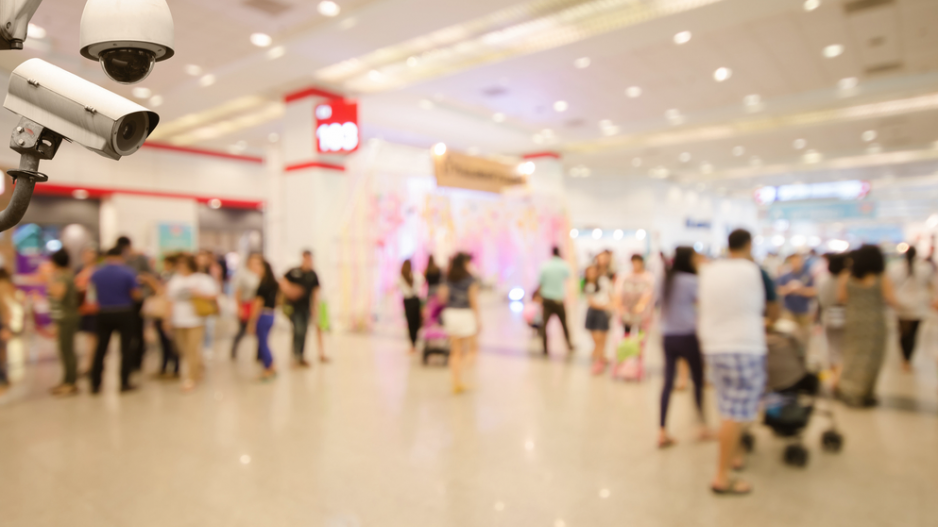The RCMP wants businesses to be able to identify and report possible signs of terrorism, and they'd like security information that is already collected by some businesses to be shared with them.
“With terrorist attacks, they’re always planned, even with a lone actor,” said Len vanNieuwenhuizen, a counterterrorism information officer with the RCMP who spoke at an emergency preparedness conference in Vancouver on November 17.
“The supplies they need for a terrorist attack are always bought by and large from local businesses.”
Read: Corporate security plans should now include response to armed attack: security specialists
The B.C. RCMP has modelled its Operation Securus program after a British program that was adopted after the 2005 London bombings. It’s an educational awareness campaign to let businesses know their information can be helpful in thwarting attacks.
Read: B.C. tech experts focus on the future of security
For instance, Ahmed Ressam, who plotted to bomb Los Angeles International Airport in 1999, stayed at Vancouver’s 2400 Motel and used the kitchenette in his room to prepare explosives. Staff noticed strange smells coming from the room and, after he left, corroded pipes.
“The classic example from the 7/7 [London] attacks is that one of the attackers bought copious amounts of hydrogen peroxide at drugstores,” vanNieuwenhuizen said.
“They bought so much that the manufacturer had to go out and make more because the supplies were diminished for that area.”
VanNieuwenhuizen and criminal intelligence analyst Julie Wytrwal plan to ramp up education efforts in the next few months.
They also want access to security information regularly collected by hotels and other business groups.
James Chase, CEO of the BC Hotel Association, confirmed that information is shared among hotels but declined to give more details on how the system works.
“It’s building a communications network with private industry and police to ensure that abnormal or worrisome behaviours are reported to us,” vanNieuwenhuizen said.
Micheal Vonn, policy director of the BC Civil Liberties Association, said her group would have concerns if personal information were being shared between businesses and police.
“In terms of reporting incidents themselves, no question that that’s absolutely fine, both from a civil liberties and privacy perspective,” Vonn said.
“[But] if they’re handing over third-party information – the personal information of any of their clients or hotel patrons – then we get into something a lot trickier.”
VanNieuwenhuizen acknowledged that terror attacks or attempts are rare, but several have happened in B.C. or have B.C. connections.
Examples include the Air India bombing in 1985, the Squamish Five bombings in the early 1980s and the recent Canada Day bombing plot.
@jenstden




